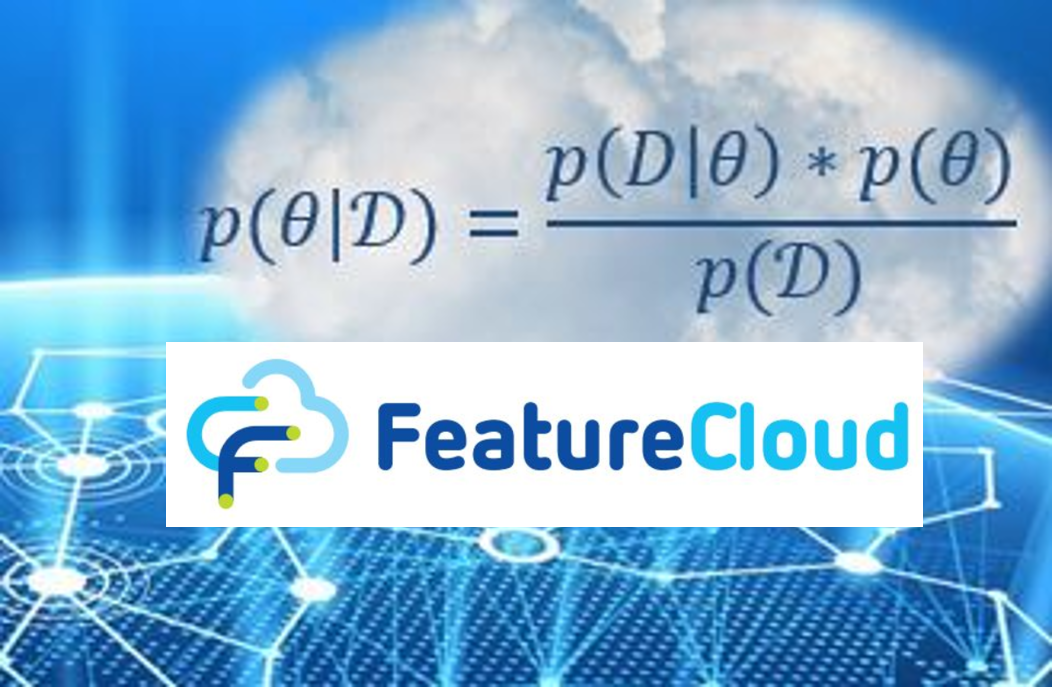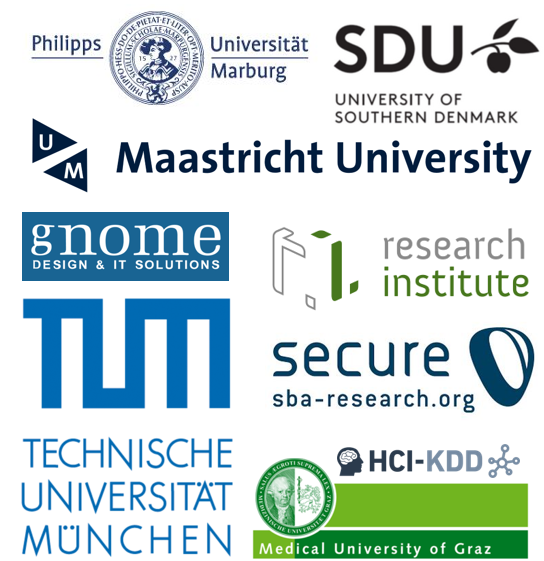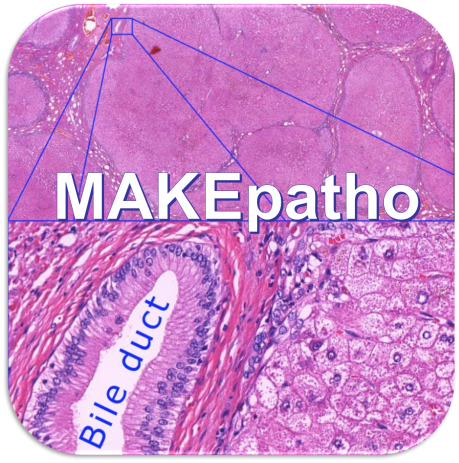ABSTRACT
The EU RIA project 826078 FeatureCloud has been granted a total volume of EUR 4,646,000,00. The project was submitted to the H2020-SC1-FA-DTS-2018-2020 call “Trusted digital solutions and Cybersecurity in Health and Care”. The lead is done by TU Munich and we are excited to work in a super cool project consortium together with our partners from Odense, Marburg/Lahn, Maastricht and Vienna for the next 60 months. The project’s ground-breaking novel federated cloud-AI infrastructure only exchanges learned representations (the feature parameters theta θ, hence the name “feature cloud”) which are anonymous by default (privacy-by-design, no hassle with sensible real medical data – no ethical issues, the data remains at their place of origin). Collectively, our highly interdisciplinary consortium from AI and machine learning to medicine covers all aspects of the state-of-the-art machine learning value chain: assessment of cyber risks, legal considerations and international policies, development of state-of-the-art federated machine learning technology coupled to blockchaining, encompasing AI-ethics research and going towards explainable-AI. We are lead of “supervised machine learning” and explainable-AI. FeatureCloud’s goals are challenging bold, obviously, but achievable. It can be seen as an European Apollo program to pave the way for a socially agreeable “big data era” for the benefit of future medicine. Congratulations to the great project consortium!
The Holzinger Group will specifically …
… create a solid overview and understanding of feature spaces, e.g. visualization of histopathological decision making to form the underlying knowledge base for all our later endeavors
… foresee the development of a pathology AI workflow/application, consisting of three modules implemented as Docker containers
… shape and compose feature spaces (e.g., graphs, vectors, …) for medical data which are vital in information propagation behavior, consequently the goal is to explore whether and to what extent certain modalities (e.g. graphs, vectors, …) are useful for privacy-aware medical data processing
… explore the possibility of mixing strictly separated data with less-sensitive information into “local spheres” enabling privacy-aware federated learning on various feature spaces
… design, develop and evaluate end-user centered interfaces to enable a) the interaction of humans with the various feature-spaces developed; and b) to enable to re-enact and to re-trace in order to explain and understand the results in the context of the medical problem
… find the best suitable explanation strategies, i.e. post-hoc and ante-hoc approaches and testing the user interpretation on the demonstrator in order to redesign of the “explanation interface”





